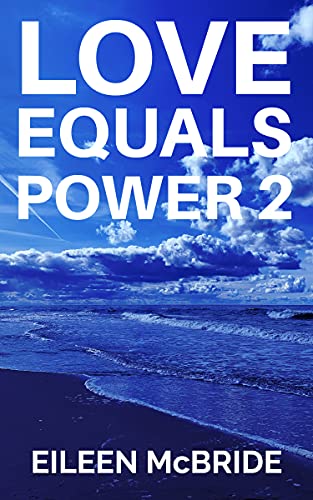The usual view is that anger must be managed. Many people take the “punch the pillow” approach, which enables them to express their fury in a socially acceptable way. Other just try to suppress it, assuming that if they keep it out of sight it will eventually go away. Neither of these strategies get to the root cause of the anger and ultimately cause dysfunction.
But anger is not to be ignored. It is a warning that some condition of our life is not conducive to our growth and fulfillment and something needs to change. In their book The Heart of the Soul: Emotional Awareness, Gary Zukav and Linda Francis point out that anger stems from the fear that the world is not how we want it to be, and at the root of anger is a sense of unworthiness and powerlessness:
“When you feel worthless, you are terrified by your life, and when you are terrified by your life, you are continually in the pain of trying to shape your life as you think it needs to be. When that pain is acute, you cover it with anger.”
For fifteen years I allowed my family’s needs and desires to dictate both the course, and the conditions, of my life. Where we lived was determined by whichever company Ian, my husband, was working for, leading to nine international moves in 14 years. Continually settling the family in new countries required that my needs came last. My resentment about my limited options and the frustration I felt because I couldn’t create the life that my soul craved, led to increasingly frequent angry outbursts.
Although these outbursts led to headaches, I never really addressed the cause of my anger, largely because I wasn’t prepared, for various reasons, to make the necessary changes. Then one day I had an argument with Ian, about the double standard imposed on women, and my anger unexpectedly exploded into a blistering fury.
I was shocked by the intensity of the rage that overwhelmed me. I felt as though a foreign entity had invaded my body. It was such a powerfully blinding force I became frightened, but it got my attention.
With the insights I subsequently gained from reading Zukav and Francis, I came to see that it was imperative that I make different choices. I spent time investigating my feelings, following the trail of my anger until I knew what I had to do.
I came to the conclusion that I needed to move house. Even though it was Ian who wanted to live in a large house with both a pool and a high maintenance garden, it was always my responsibility to maintain it, and it took and inordinate amount of time and energy, of which I was becoming increasingly resentful. I told Ian he could sell the house, or rent it out, I didn’t care. Whatever happened we were moving.
The sky did not fall in. The earth did not stop turning. Even more surprising, Ian and the kids happily moved house without complaint. They could see I had hit bottom and they wanted me to be happy. Hitting bottom is key, as Zukav and Francis say:
“When you reach the bottom of your excavation - the final layer of lack of self-value -your anger reconfigures itself. It no longer seeks others to blame…[it] becomes a positive force in your life…You bring change where no change was possible. Your anger guides you into ever more effective ways of understanding…You become a gift to yourself and others.”
Anger needs to be channeled, not just managed. When we utilize the impetus of anger, and channel its bursts of accumulated energy to explore our true feelings and to make the seemingly difficult choices to live according to our true desire, our anger is no longer just a negative emotion. It is the voice of our soul calling us, pointing the way to true fulfillment and peace.

